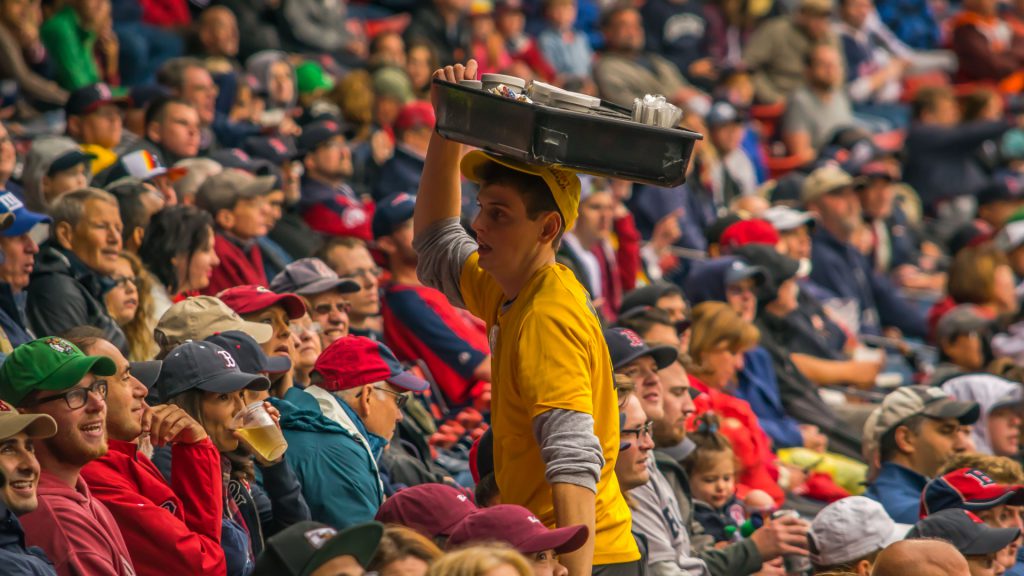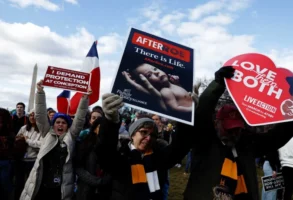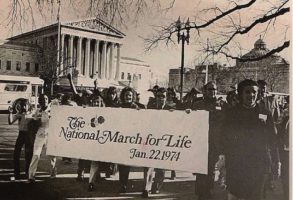
Published April 6, 2020
The coronavirus outbreak has taken many things from us. From most, it has taken freedom: to leave our homes, to visit our offices, to see whomever we want, to travel across or out of the country. From many, it has taken job security, retirement savings, or peace of mind. From some, it has taken health, the health of loved ones, and even lives.
On a smaller scale, this widespread sickness has robbed us of the things we turn to in our free time. Restaurants and bars are closed, beaches and parks are gated for anything other than solitary or family walks.
And we’ve lost sports. It is now, when we need more than ever the relief they bring, that they have been taken from us. Every major U.S. sport has canceled or postponed its season, as have several of the sports in other Western countries. Particularly disappointing, the summer Olympics have been pushed to next summer.
Like many other Americans, I’m taking this loss rather hard. Though I’m not much a fan of basketball, I’d settle for a few rounds of March Madness or even an NBA contest to pass the time. Heck, I’d watch tennis or golf right now if I could.
But what I really miss is baseball.
Opening Day was slated for March 26, and now we have no way to know when or whether this year’s season will begin. In this time of uncertainty, what I miss most about baseball is the very thing that those who don’t understand the game so often malign.
“It takes four hours, on a good day!” critics bleat. “There’s too much dead time between pitches,” others insist, “and too many trips to the mound.”
These complaints mean little when we’ve got all the time in the world.
It is precisely now that the timelessness of a baseball game — the only major team sport without a clock — would be a balm and a cure. What on a normal Friday night in June might be background noise would in this period of waiting become a place of absorption where we could focus intently on something other than the terror in the world.
Baseball is an escape, in a sense, but different in every way from the normal things we turn to when we want to numb ourselves. The sportswriter Thomas Boswell makes the case:
In contrast to the unwieldy world which we hold in common, baseball offers a kingdom built to scale. Its problems and questions are exactly our size. Here we may come when we feel a need for a rooted point of reference. In much the same way, we take a long hike or look for hard work when we suspect that what’s bothering us is either too foolish or too serious to permit a solution. Baseball isn’t necessarily an escape from reality, though it can be; it’s merely one of our many refuges within the real where we try to create a sense of order on our own terms.
Reading this essay the other evening, as I prepared for an Opening Day that would pass without a game, it seemed to encapsulate why I, and surely many others, have taken this loss so hard.
Former MLB commissioner A. Bartlett Giamatti wrote in his essay “The Green Fields of the Mind,” “You count on it, rely on it to buffer the passage of time, to keep the memory of sunshine and high skies alive, and then just when the days are all twilight, when you need it most, it stops.”
Giamatti meant the darkening evenings of late autumn, bleeding into winter. He might as well be talking about today. Though twilight comes later and later, spring doesn’t feel quite itself without baseball.
In a line particularly poignant when read today, Boswell writes, “Baseball is always there when we want it — seven days a week, seven months a year.” Surely he never expected that Opening Day someday wouldn’t come.
As it has been with so many things I took for granted before this crisis, these seemingly endless days without baseball have increased my gratitude for the rootedness, the timelessness that each game brings. When baseball returns, we will love it all the more, and, as Boswell puts it, our time can begin again.
Alexandra DeSanctis is a staff writer for National Review and a visiting fellow at the Ethics and Public Policy Center.





